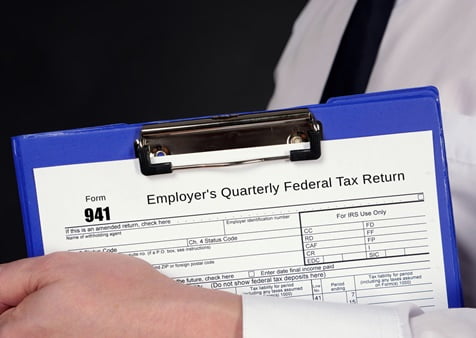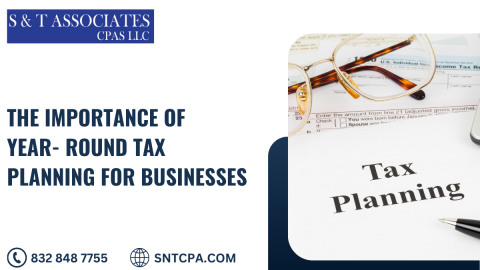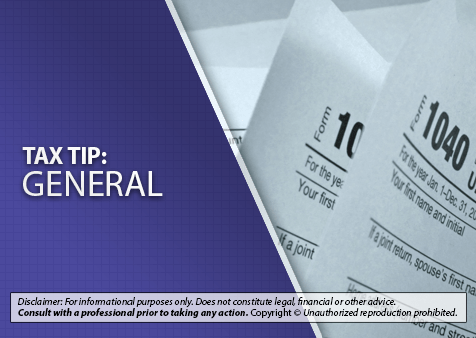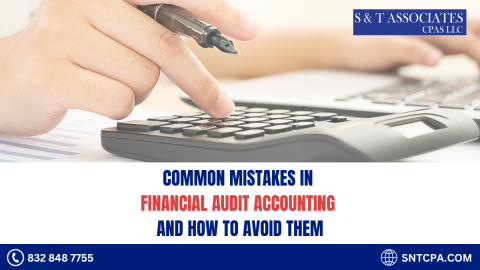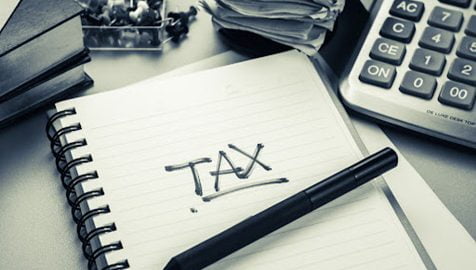The Relationship between FICA and Form 941
All business owners who hire staff are responsible for a variety of payroll tasks. One of them is paying FICA taxes on behalf of their employees. The Federal Insurance Contributions Act, or FICA, is a significant levy that pays critical social security programmes such as Social Security and Medicare. These programmes ensure that the elderly have a source of income and access to healthcare throughout retirement. As a result, all employees and employers contribute to the funding of these initiatives.
Employer FICA tax contributions are organised on a quarterly basis using Form 941. Keep in mind that FICA taxes are normally due semi-weekly or monthly, and this form merely serves as a tracking mechanism for employers.
FICA: The Basics
As previously stated, FICA funds Social Security and Medicare. FICA is taxed at a rate of 15.3 percent, with 12.4 percent going to Social Security and the remaining 2.9 percent going to Medicare. Employers contribute 7.65 percent of this 15.3 percent, while employees contribute half through their pay check withholdings.
Due to the fact that self-employed individuals do not have employers, they are obligated to pay the entire 15.3 percent tax. This is referred to as the Self-Employment tax.
Social Security benefits are only applicable to the first $132,900 in wages, totalling $8,239.8 for employees. Medicare earnings are not subject to caps, and the 1.45% tax is calculated on the employee’s total income.
Who are required to file Form 941?
Employers who hire full- or part-time employees are required to file this form. This form contains information about FICA taxes, employee wages, employee-reported tips, and federal income tax withheld.
Employers who hire contractors are not required to withhold taxes on their employees’ behalf or to file this form.
While business owners are not required to withhold taxes on behalf of contractors, they must report their income on form 1099 MISC if they pay contractors more than $600 in a fiscal year.
FICA and Form 941 Penalties
IRS imposes penalties for late filing and non-compliance of filing form 941 and FICA tax. Below mentioned are the penalties levied:
FICA Tax Penalties
For all those tax amounts which are not properly or timely deposited, the penalties are levied on below mentioned rates:
| Tax Deposits made 1 to 5 days late | 2% |
| Tax Deposits made 6 to 15 days late | 5% |
| Tax deposits made 16 days or more late, but on or before the 10th day after the date of the first tax due notice sent by IRS | 10% |
| Tax deposits made to an unauthorized financial institution, or payments made directly to the IRS, or paid with business owner’s tax return. | 10% |
| Amounts subject to electronic deposit requirements but not deposited using EFTPS | 10% |
| Amounts still unpaid for more than 10 days after the first IRS payment notice or the day on which business owner receive notice and demand for immediate payment, whichever is earlier | 15% |
Form 941 Penalties
IRS levies 5% penalty of the total tax assessed that was not paid when due for late filing. It is charged each month or part of a month the return is late, for up to 5 months. Usually, the highest penalty charged is 25% of the total tax.
Due Dates to Remember
Tax Payments:
Federal tax payments are made on various due dates either monthly, semi-weekly or annually etc. depending on the various criteria a business fall in. Dates are found on IRS website
Form 941 Due Dates:
Form 941 is generally due by the quarter in financial year. For example, 941 is due on April 30th for the wages paid during the first quarter, January through March.
Final words
Form 941 can be filed manually through editable pdf which is found on IRS website. Numerous payroll software programmes are also available that automate the filing and payment processes, easing the burden on business owners.
Set up a consultation today or contact us to schedule a meeting.

